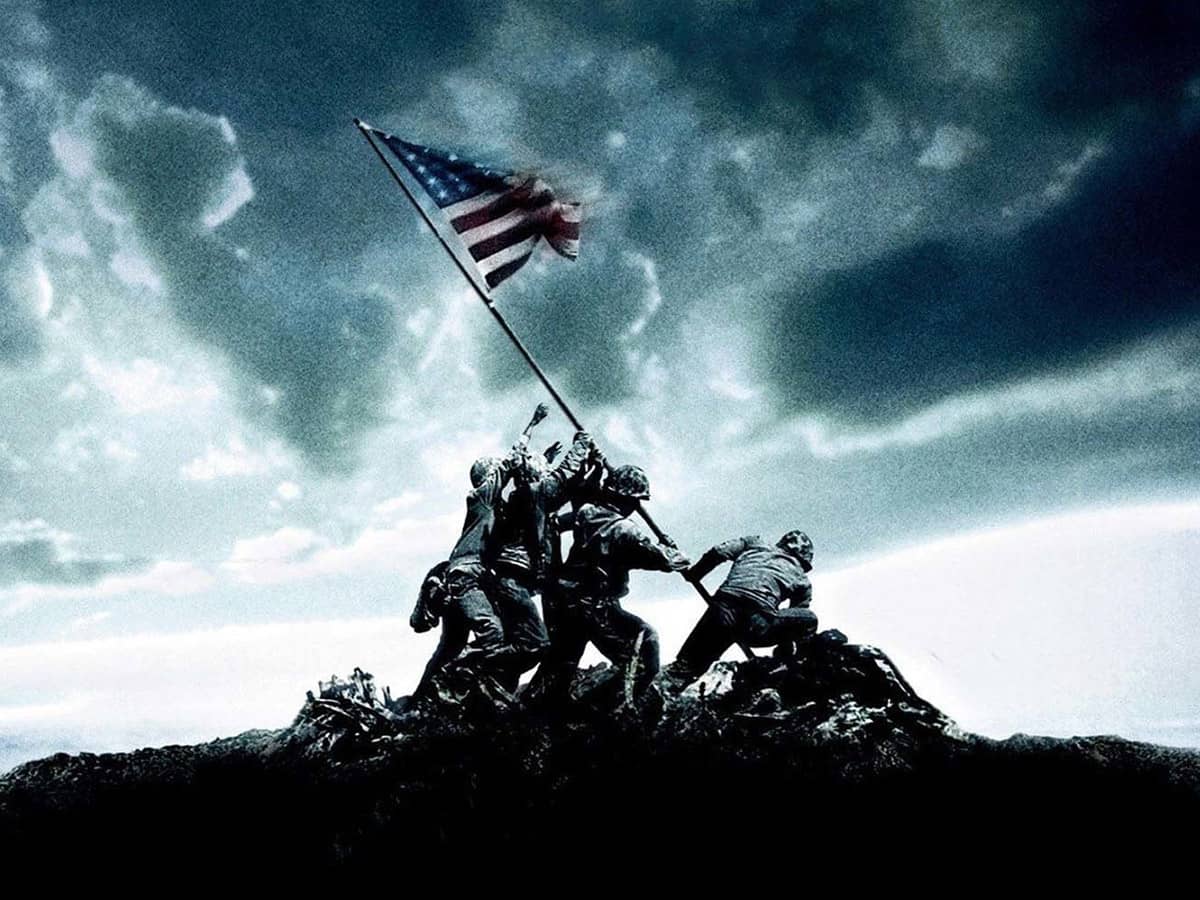64 - The Lives of Others
Set in East Germany five years before the fall of the Berlin
wall, The Lives of Others stars
Ulrich Mühe as Weisler, a cold, by-the-numbers wiretap expert for the stasi,
the East German secret police. He is assigned to monitor Georg Dreyman
(Sebastian Kock), a famous playwright who is suspected of crimes against the
socialist state. As he begins to record the intimate conversations and
whisperings of Dreyman and his actress girlfiend, Weisler enters a world for
which he has no compass, a world his communist rhetoric has left him woefully
unequipped to handle.
This sense of palpable fear permeates the entire society.
Everyone is always looking over their back, watching what they say, wondering
if their apartments have been tapped. It is Big Brother in the flesh, and the
fact that the film is set in 1984 is certainly no coincidence. Weisler is the
face of this omniscient entity and Ulrich Mühe plays him brilliantly. It is one
of the most moving and effective performances that I have ever witnessed on
film. As he sits in an upstairs attic, surrounded by audio equipment,
eavesdropping intently to Dreyman’s rendition of Mozart on the piano, we are
only shown what is happening to Weisler through his eyes. There is no dialogue,
no grand facial gestures. Only the eyes. Weisler is experiencing something, he
is hearing something that his drab world has never shown him before: beauty.
And in his eyes you witness the most amazing transformation. It is a spiritual
moment, a road-to-Damascus conversion, and I cried when I saw it.
Ultimately, Weisler is forced to make decisions he would
never have even contemplated previously, and these decisions lead inexorably
towards tragedy even as he attempts to stop it.
sThe climax of the film is both riveting and heartbreaking,
and if The Lives of Others had chosen
to stop there, it would still have been a ‘good’ film. So many foreign and
independent movies choose that route, to end in tragedy rather than risk the
melodrama of a ‘happy’ ending. It often makes them seem edgy, hip, and
artistic, especially if they violently kill off all of their main characters. The Lives of Others could have easily
joined that crowd of films, and if it had it would have been the cream of them,
the best example of independent tragedy. But it chooses to rise far above such
pettiness. The ending is not melodramatic, it is not sappy, it is nothing like
what you could have possibly imagined. It is subtle and touching and beautiful
and redemptive. It is the perfect ending and it takes The Lives of Others from simply being ‘good’ to being unequivocally
‘great.’
Simply put, The Lives
of the Others is one of the finest films I have ever seen. I cannot
recommend it highly enough.
~ Evan Derrick

